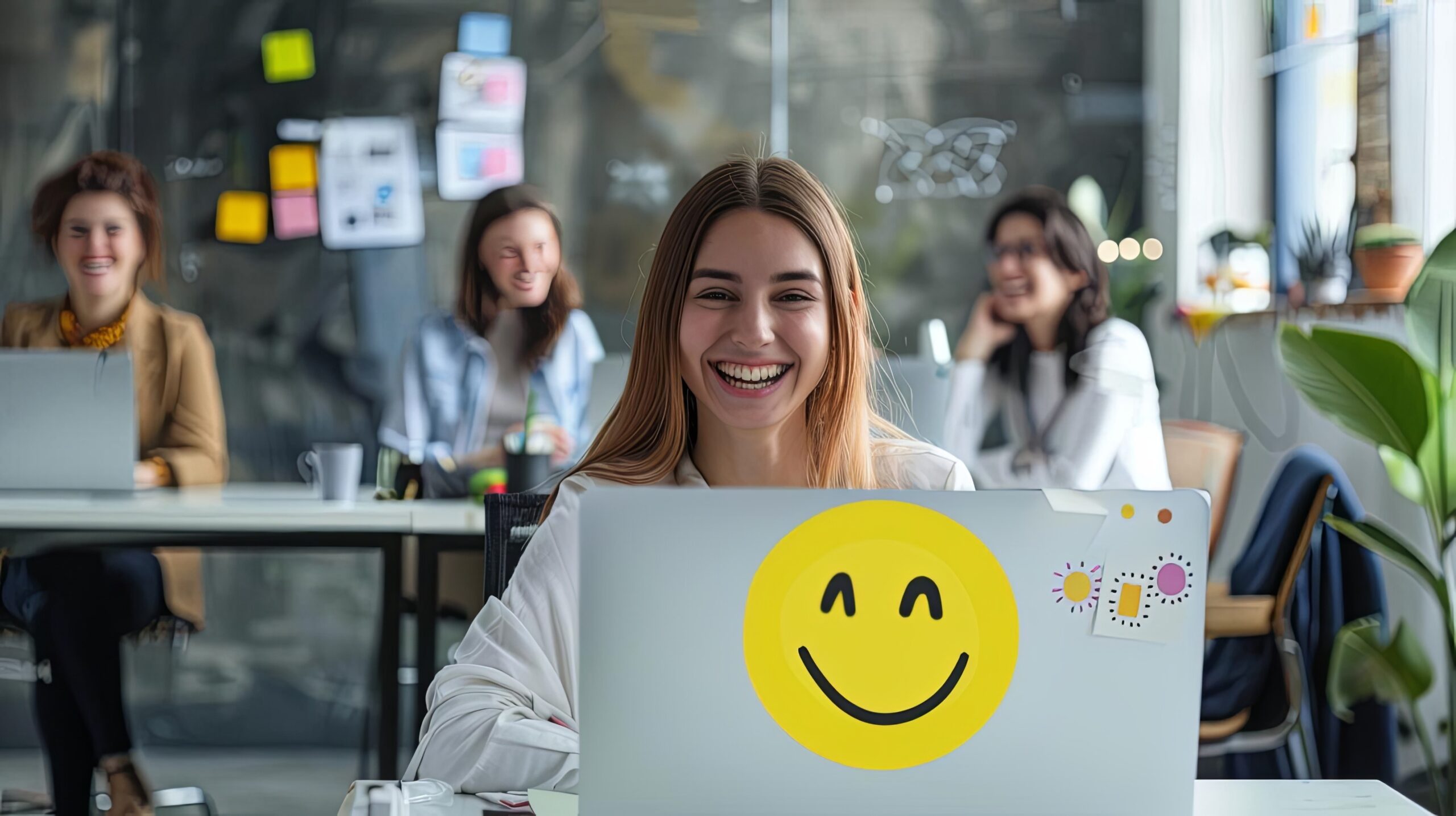Help employees thrive by tackling workplace drinking culture and creating inclusive, alcohol-free events for teams, writes Alex Clapp
Employee wellbeing has never been more of a priority. From safeguarding mental health and helping staff navigate the current cost-of-living challenges to promoting physical fitness through private healthcare and gym memberships, companies are placing a stronger focus on supporting their workforce’s overall welfare. It’s also widely recognised that these benefits are what new recruits are looking for when considering their next move.
But one issue is still taboo: making sure workplaces are inclusive with regards to social activities and alcohol.
Workers are being put off from attending events because of the expectation to drink
More than 25 million adults in England regularly drink alcohol, which means that drinkers are more likely to be employed than non-drinkers. According to government figures, lost productivity due to alcohol use costs the UK economy more than £7bn annually, and an estimated 167,000 working years are lost to alcohol every year. That’s not just people facing hangovers from the night before, but people affected by health problems resulting from drinking such as weight gain, depression, high blood pressure, liver disease and heart problems.
We know that employees in some industries are more likely to become ‘heavy’ or ‘dependent’ drinkers than others, with mining and construction, hospitality, arts and entertainment, utilities and wholesale listed high on the list.
In the construction industry, 25% of the workforce have admitted that drugs or alcohol have affected them at work, with 23% saying they had experienced decreased productivity as a result.
But workplaces don’t just suffer from the impact of alcohol; they can also exacerbate it and that’s not just through workplace stress. Many workplaces still provide an environment where the consumption of alcohol is actively encouraged.
Whether through entertaining clients with boozy dinners, informal socialising or special workplace events like award ceremonies and annual celebrations, alcohol is often the norm, is easily accessible and is often free. The alternative for those who choose not to drink is often woefully inadequate.
According to research from charity Drinkaware in 2022, alcohol is more deeply ingrained in the private sector, with 86% of these employees more likely to say that there’s an expectation to drink at employer events than the public sector (15% v 8%). They’re also 2.5 times more likely to have alcohol subsidised at work social events than in the public sector (23% v 9%).
Despite alcohol having such a detrimental impact on the workplace, many organisations continue to encourage a culture of drinking. As leadership teams we need to focus on a more inclusive work culture.
Some people choose not to drink at all, or only occasionally, so always including alcohol or creating work events around it can lead to some people feeling excluded. According to Drinkaware, 32% of individuals who anticipated drinking alcohol at an employer-organised social event reported choosing not to attend due to the pressure or expectation to consume alcohol.
So, workers are being put off from attending events because of the expectation to drink. How can we change this as employers?
We should think about how we can assist our employees in their wellbeing by supporting them with specific training to address the use of alcohol as a prop to get through the working week, and we should raise awareness of the issue to stop it from being a taboo topic in the workplace – just as we have done about stress and other mental health issues.
And finally, let’s look at how we can better organise our employer events to make them more inclusive. Let’s look at creative ways of entertaining our teams, including the introduction of games, competitions and contests that do not rely on a bottle or glass in hand for fun.
And let’s introduce better alternatives to alcohol; there are numerous options on the market that alleviate the pressure to drink and help all employees feel included.
Alex Clapp is Founder and Director at Claritee Group




